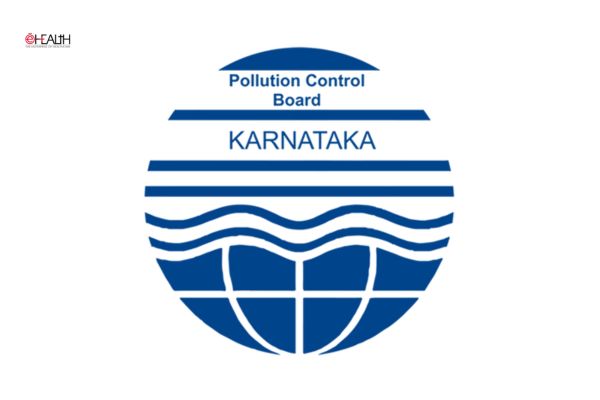
In a recent review meeting with the Karnataka Pollution Control Board (KPCB), the Karnataka government highlighted the urgent need for a new policy to manage medical waste effectively. The meeting underscored significant non-compliance with existing norms, with particular concern over improper disposal practices in nursing homes and hospitals.
KPCB members stressed the importance of regular audits and inspections to ensure strict adherence to waste management protocols. As a result, the drafting of a new policy is underway, focusing on key areas identified for improvement.

The current landscape of biomedical waste management in Karnataka includes companies such as Maridi Eco Industries, Ramky Enviro Engineers, Bin2being, Prajwal BMW Management Systems, Saahas Zero Waste Management & Consulting Services, and Gomti Incinco.

Environment Minister Eshwar Khandre directed officials to collaborate with experts to create a comprehensive draft policy. This new policy aims to enhance the scientific transportation and disposal of hazardous waste, addressing the gaps in current practices.
The review revealed alarming instances of improper disposal, such as syringes and bandages being discarded with dry waste. This highlighted the immediate need for robust regulatory measures. KPCB officials have been instructed to routinely inspect sewage treatment plants (STPs) and monitor direct water discharge into canals, rivers, and ditches in industrial zones. Additionally, the National Green Tribunal’s directive to collect environmental compensation from certain organizations remains unfulfilled.
Bengaluru, known for its extensive network of corporate hospitals and nursing homes, particularly requires a stringent medical waste management policy. Such a policy is crucial for protecting healthcare workers, patients, and the environment, emphasized KPCB officials.
Medical waste, which includes used needles, contaminated dressings, expired pharmaceuticals, and biological materials, poses significant health and environmental risks. Compliance with regulations and guidelines is essential. Healthcare staff must be well-versed in segregating and disposing of medical waste, a point highlighted by community medicine experts.
At the Kidwai Memorial Institute of Oncology, officials reported systemic issues at various stages of waste management. This underscores the need for regular training sessions to educate staff on proper waste segregation, handling, and disposal procedures.
Effective storage of medical waste involves using leak-proof, puncture-resistant containers clearly labelled with the type of waste and the date of accumulation. Secure, well-ventilated storage areas, inaccessible to unauthorized personnel, are also necessary, according to the biomedical waste department at Lady Curzon Bowring Hospital.
The Karnataka government’s proactive approach to revamping medical waste management policies is a critical step toward safeguarding public health and the environment.
Be a part of Elets Collaborative Initiatives. Join Us for Upcoming Events and explore business opportunities. Like us on Facebook , connect with us on LinkedIn and follow us on Twitter , Instagram.
"Exciting news! Elets technomedia is now on WhatsApp Channels Subscribe today by clicking the link and stay updated with the latest insights!" Click here!














